Thermal insulation boards: how to choose the right one?
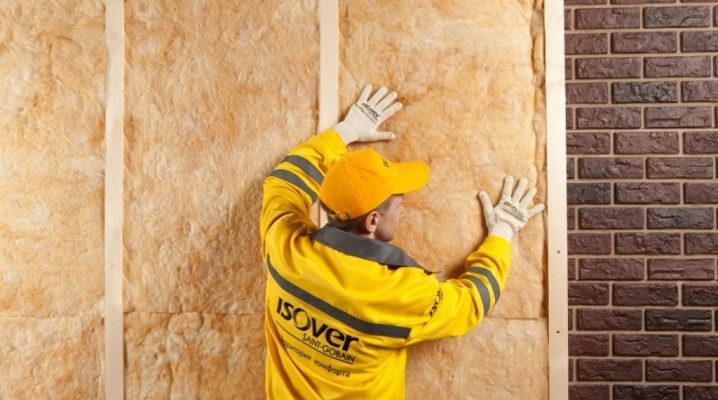
Today, the range of thermal insulation materials allows customers to choose the best product for any budget. Insulation in the form of slabs has been especially popular lately. They are easy to install, keep their shape and serve for many years without causing any problems. The article will discuss how to choose the right quality insulation boards.
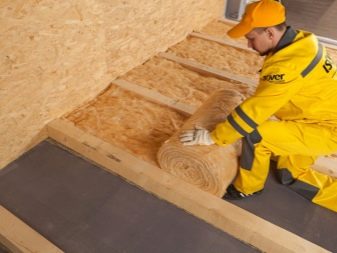
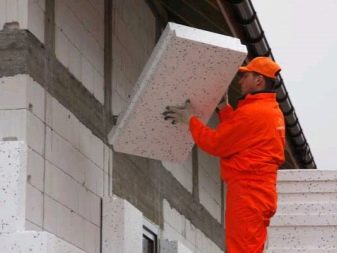
Peculiarities
The selection of heat-insulating materials should be approached very responsibly, since it directly depends on them how comfortable and warm your home will be. Today, specialized stores sell high-quality coatings that are used to insulate a wide variety of substrates. This can be the ceiling, walls, and even the floor. In addition, many manufacturers produce practical slabs for the exterior of wall slabs.
According to the masters, it is much more convenient to lay insulation in the form of slabs. To do this, you do not need to use special expensive equipment, as, for example, in the case of foamed polyurethane foam. It is possible to cope with all the work on your own, without resorting to professionals.
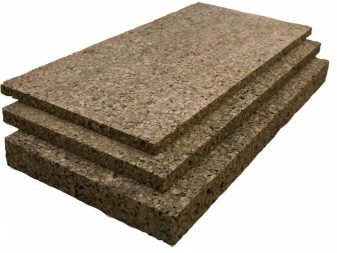
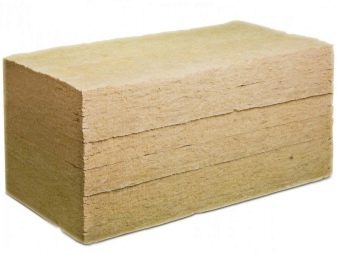
It is worth noting that tile thermal insulation, like its other modifications, does not tolerate contact with water and dampness. Some materials do not absorb excess moisture, but under its regular exposure they still lose their beneficial properties. That is why such coatings simply need high-quality waterproofing. Installation and reliable vapor barrier will not be superfluous. For example, in the case of arranging roofing, such a "pie" is simply indispensable.
Most modern insulation materials are durable, durable and non-flammable. Of course, there are also cheaper options, but they are considered quite fragile. You need to work with such plates as carefully as possible so as not to damage them.
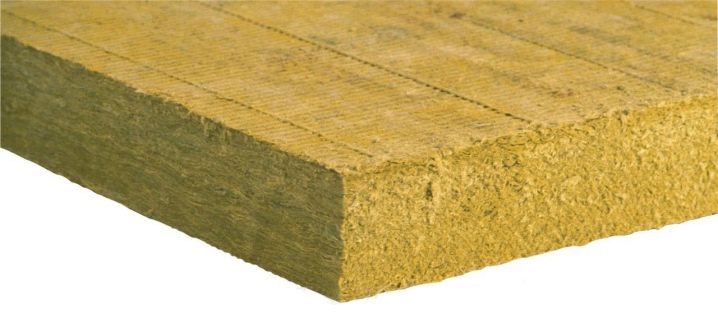
Tiled insulation materials have different thicknesses. This parameter affects the positive qualities of the coating. So, the thicker the sheets are, the warmer they are.
Using high-quality tile heaters, you can significantly save on heating your home. Many homeowners claim that with this addition, the home becomes very comfortable and cozy. Often, after reliable insulation, people refused to buy additional heaters.
The range of heat-insulating materials is large today. However, it should be borne in mind that the market is full of dangerous and toxic coatings that have a negative impact on the health of households. That is why experts advise to pay great attention to the environmental friendliness of the purchased canvases.
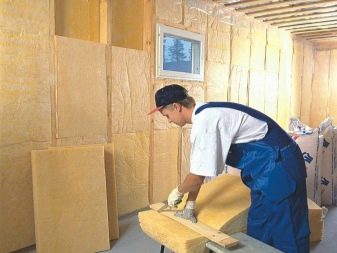
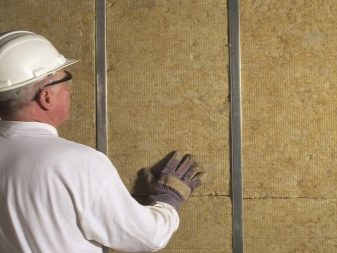
Regulatory Requirements
You can "get lost" in a large assortment of thermal insulation boards. When making a purchase, you should rely not only on the direct manufacturer who released the material, but also on the regulatory requirements that the purchased product must meet.
Thermal insulation materials must necessarily meet the following requirements:
- they should be characterized by the lowest possible level of thermal conductivity, otherwise there will be no special sense in their installation;
- such materials should also have a low degree of vapor permeability;
- the insulation should not be flammable, otherwise its use will be simply unsafe;
- high-quality thermal insulation material must be resistant to rotting and decomposition;
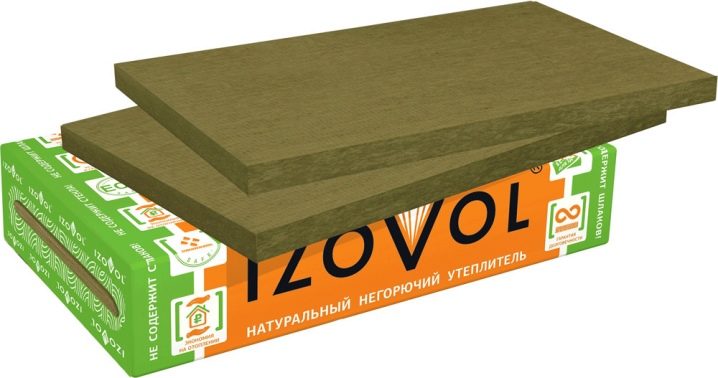
- heat-insulating materials must also have sound-insulating properties (to varying degrees);
- they should not be afraid of temperature changes and contact with aggressive chemicals;
- such components should be as durable and wear-resistant as possible;
- the insulation must be environmentally friendly (currently, not all materials meet this requirement, so they should be chosen very carefully);
- high-quality boards with thermal insulation properties should not be afraid of contact with solvents.
Today, when evaluating thermal insulation materials of different types, it is possible to distinguish plates belonging to different classes. In this case, the standard is the air thermal conductivity of 0.025 W / (M / 0С).
If the plate has a value that is as close as possible to the specified parameter, then there is no doubt about its purchase.
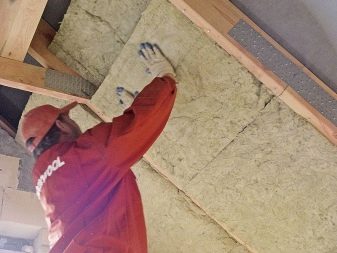
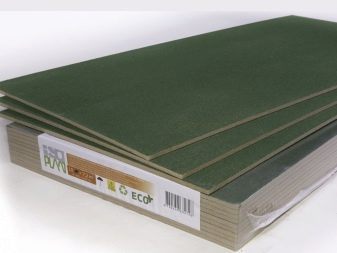
The average indicator for thermal insulation materials used in private construction is from 0.021 to 0.029 W / (M / 0C).
As for the technical characteristics directly, they are also different for different heaters. For example, the thickness of mineral wool slabs starts from 5 cm and can reach 12 cm, while this parameter for polystyrene sheets varies from 20 to 200 mm.
When purchasing thermal insulation boards, you must request a quality certificate from the seller. This document should cover all information related to the product. Tiled insulation must be made in accordance with GOST. If they refuse to provide you with the document, then it is better to refrain from purchasing such materials.
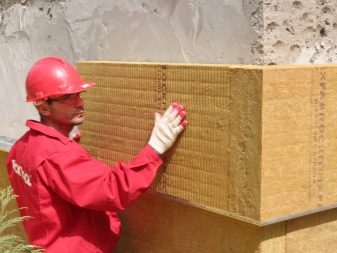
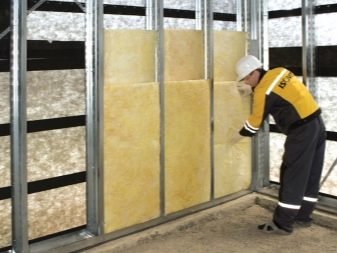
Views
Today in the construction market there are several popular varieties of tile insulation, each of which has its own distinctive characteristics, advantages and disadvantages. Let's take a closer look at what thermal insulation materials are offered by modern manufacturers.
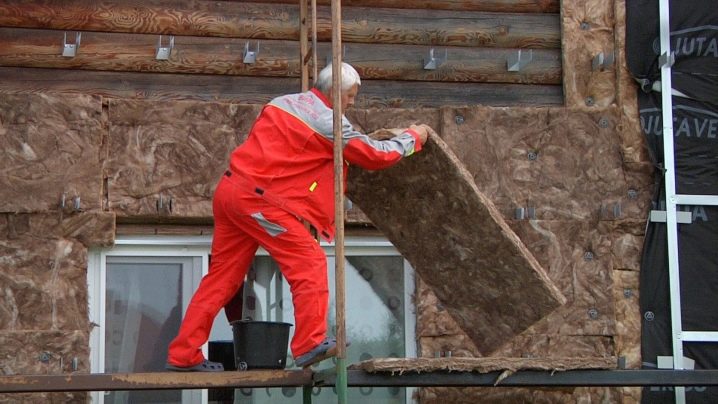
Minvata
One of the most popular and demanded heaters today is mineral wool. It is also available in slabs and has excellent thermal properties. This environmentally friendly and practical material has the following properties:
- tiled mineral wool is not afraid of high temperatures, as well as their drops;
- even being in long-term contact with high temperature values, mineral wool does not begin to smolder and exude harsh chemical odors;
- this popular material can easily contact with aggressive chemicals without losing high quality;
- mineral wool in slabs is chosen by many consumers, since it is characterized by high vapor permeability (thanks to this property, it can be used in rooms with a high level of humidity);
- the material is quite pliable and easily takes the shape of the base on which it is laid.
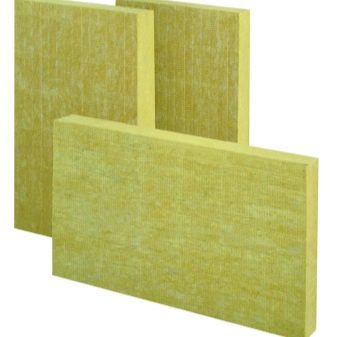
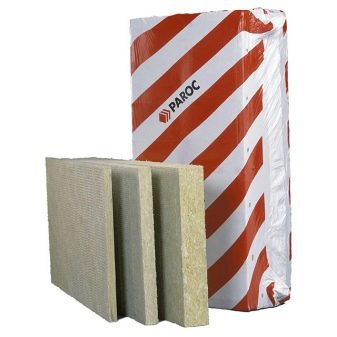
Of course, tiled mineral wool also has its weaknesses, which include:
- not the highest strength indicators;
- low hardness;
- high weight (tile mineral wool is a heavier material than, for example, polystyrene);
- high price.
But it should also be noted that it is necessary to work with mineral wool in protective clothing and glasses - after contact with this material, irritation often remains on the skin.
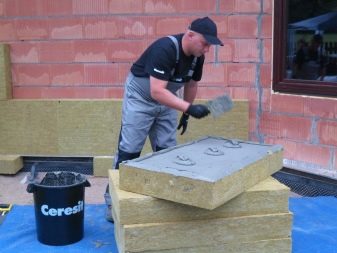
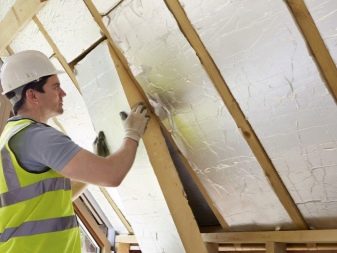
Basalt
Basalt (or stone) thermal insulation materials are no less relevant and are in enviable demand. They are used to insulate walls and roofs. In addition, they boast good soundproofing qualities, which is one of the reasons many homeowners choose them.
Basalt insulation also has many positive qualities.
- The slab material based on basalt fiber can withstand high temperatures without any problems.
- The service life of high-quality basalt insulation is on average 50 years. During its operation, this material does not lose its positive qualities and does not require constant updating.
- Possesses excellent soundproofing qualities.
- Not afraid of temperature changes.
- Easily withstands impressive loads.
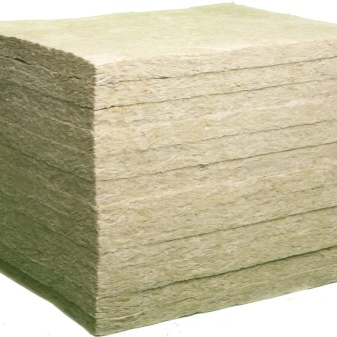
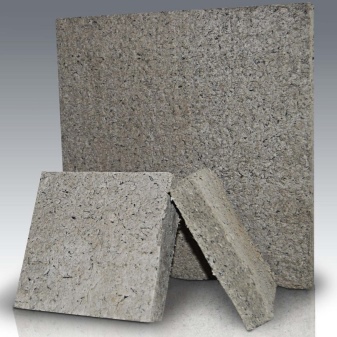
Expanded polystyrene
Expanded polystyrene heat-insulating materials are considered no less popular today. Such stoves are much cheaper than mineral ones, so many consumers purchase them.
Expanded polystyrene insulation is perfect for arranging a private residential building, which makes them even more relevant in our time.
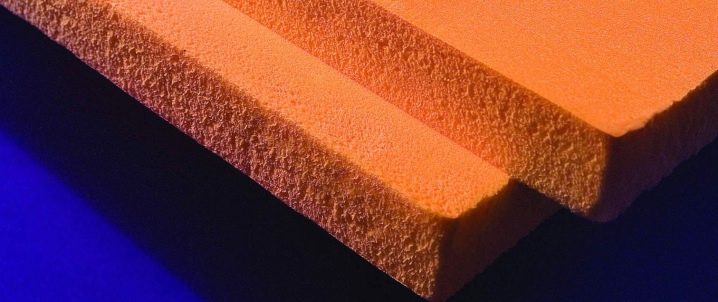
The popularity of these materials is due to their positive qualities.
- Polystyrene foam tile insulation is lightweight, so it is easy to install and transport.
- These materials are quite durable. For example, tensile strength - 80 kPa, and compression - 130 kPa.
- Styrofoam is inexpensive and is found in many stores.
- Conveniently and easily fixed on different bases.
- This material is hygroscopic and resistant to moisture.
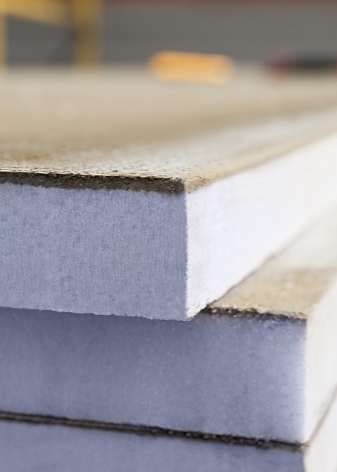
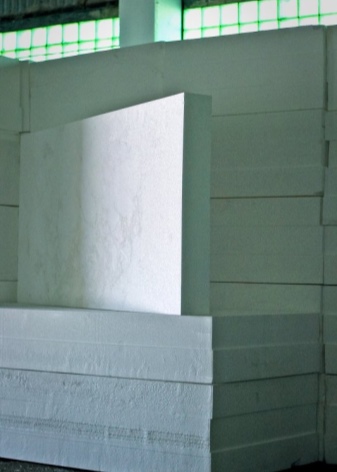
If you decide to insulate your home with such an affordable material, then you should know what disadvantages it has:
- polystyrene foam is highly flammable;
- this material has mediocre soundproofing qualities;
- does not tolerate contact with solvents;
- it can only be used for the insulation of residential private buildings.
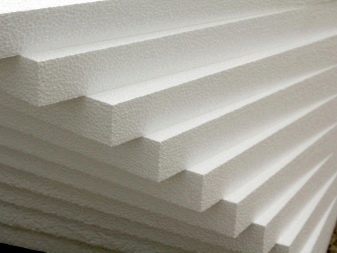
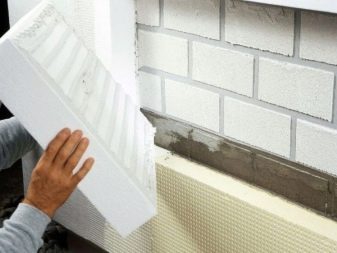
Perlite-cement
In the construction of large industrial buildings, practical and reliable perlite-cement insulation is often used. Such slabs are made on the basis of raw materials such as perlite, which is mixed with cement and a special asbestos slurry.
These materials have gained their distribution due to the following positive qualities:
- perlite slabs are refractory materials that are not afraid of exposure to high temperatures;
- such materials are not afraid of mechanical damage;
- perlite tile heaters have excellent heat and sound insulation characteristics;
- are not afraid of negative environmental factors;
- are environmentally friendly and safe for human health;
- are not toxic;
- not subject to mechanical damage;
- are not afraid of aggressive chemicals.
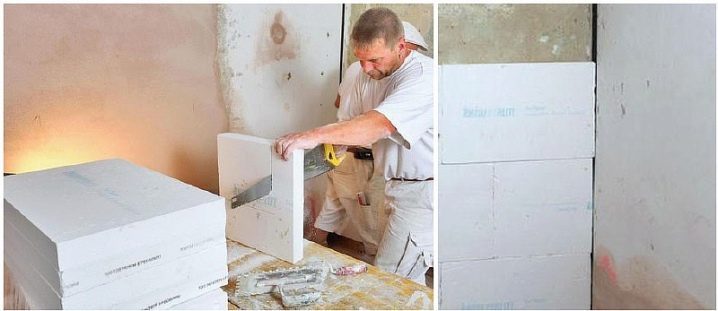
A large number of flaws in this insulation are not observed. One has only to take into account the fact that it is not the most convenient in terms of transportation due to its fragility.
In addition to perlite slabs, no less strong slabs made of aerated concrete are used in the construction of large industrial facilities. These materials are made 70-100 cm long, 50 cm wide and 6-12 cm thick. These coatings are in many respects similar in their parameters to pearlite ones.
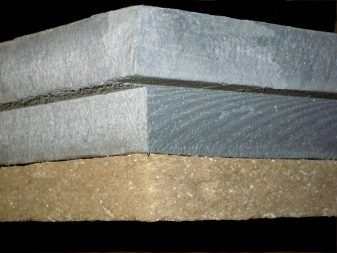
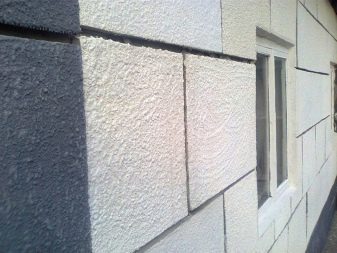
Fiberglass
Fiberglass insulation boards are made from recycled materials from the glass industry. Such materials are often used to insulate walls with irregularities and potholes. Such coatings are perfect for thermal insulation of ceilings, curtain walls and basements.
These materials have the following advantages:
- they are characterized by low thermal conductivity;
- are chemically resistant;
- do not differ in hygroscopicity;
- are environmentally friendly;
- elastic and compressible.
The downside of fiberglass materials is their ability to absorb moisture. However, this feature does not in any way affect the properties of fiberglass to retain heat.
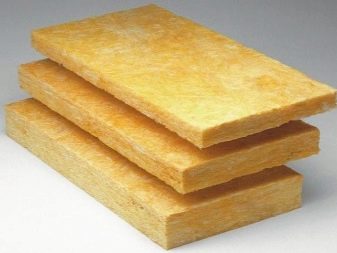
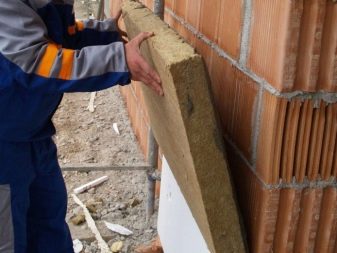
Woody
Wood fiber or sawdust-based materials are also used to insulate houses. Such coatings contain components such as shavings, resins and antiseptics.From these components, solid and durable chipboard sheets are obtained, which are often used to level floors and insulate houses.
They also use compressed cork wood and dried cereal stalks to insulate houses.
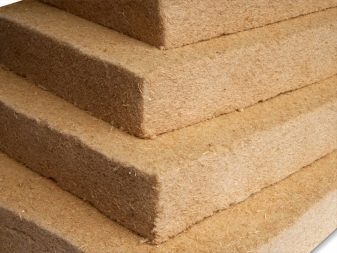
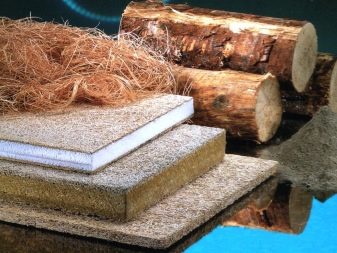
Scope of application
Modern thermal insulation materials are used in a wide variety of areas. Let's see their list:
- thermal insulation boards are suitable for facade decoration;
- floors;
- overlappings;
- basements;
- inside attic (residential) areas;
- loggias;
- roofing structures;
- insulation of the foundation.
It is permissible to use high-quality materials for both interior and exterior decoration of the home.
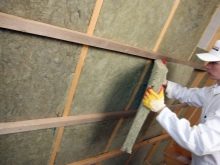
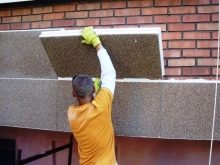
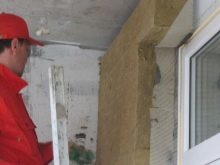
Manufacturers
Currently, there are many well-known and advertised manufacturers on the market that offer customers high-quality and reliable thermal insulation materials. Let's take a closer look at the most demanded of them.
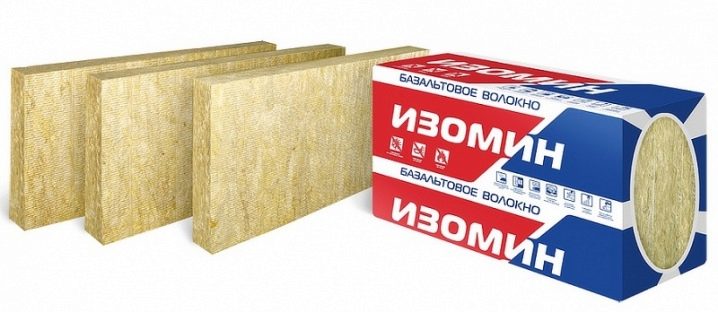
Isover
Isover is a popular brand of rock wool of unrivaled quality. In addition, the range of this manufacturer includes both products for private and industrial construction. The Isover assortment pleases many consumers with its diversity.
The brand also offers a choice of buyers with insulation designed specifically for the roof, as well as slabs of different dimensions. With the help of such materials, you can save on utilities.
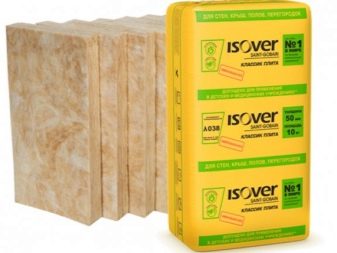
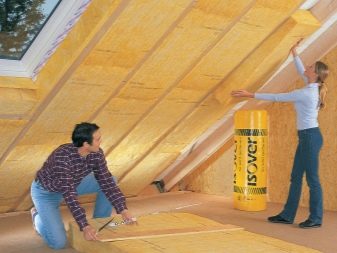
TechnoNICOL
Thermal insulation materials Pir from TechnoNICOL are very popular today. This manufacturer is known in many countries, and its products are often chosen by craftsmen (both beginners and experienced).
Plates from the Pir series are distinguished by excellent thermal conductivity characteristics, the ability not to absorb moisture into their structure, not susceptible to combustion and flame support. Besides, this insulation does not rot and serves for many years.
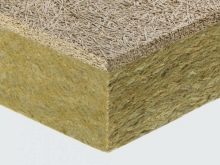
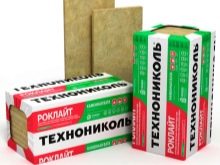
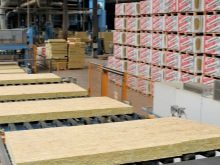
Rockwool
Rockwool is a world leader in the production of the highest quality thermal and acoustic insulation materials. Branded products are made from environmentally friendly stone wool and are available for both private and larger construction. In addition, Rockwool raw materials are used for technical and marine insulation.
According to the manufacturer, its thermal insulation boards are able to establish a microclimate in the living space, making it as comfortable and cozy as possible. Such useful materials can be used to insulate not only walls, but also the floor, ceiling, attic, balcony, fireplace, bathhouse and sauna.
Branded products are not afraid of temperature drops, so they can safely be even near a hot electric stove.
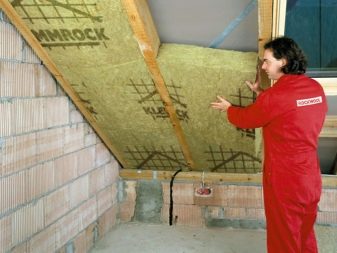
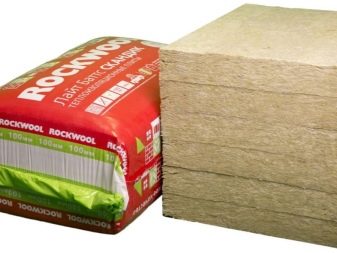
"Penoplex"
Penoplex is the largest Russian manufacturer of high quality construction and decorative finishing materials. Currently, thermal insulation materials of this brand are the market leaders.
The range of "Penoplex" is represented by durable products for both private and large construction. In addition, the company offers insulation not only for walls, floors and roofs, but also for foundations, basements, basements, balconies, loggias, pipelines and septic tanks.
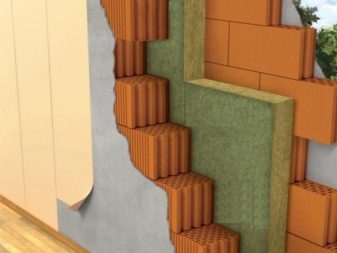
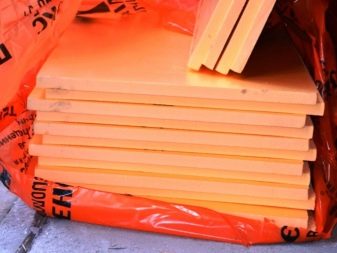
Tips & Tricks
If you are looking for floor insulation, then you should look to materials of higher rigidity. Such products will easily withstand heavy loads and will not suffer in any way.
When transporting perlite insulation, it is recommended to use special sheets and fasten the packages as tightly as possible. Otherwise, the material may be damaged as it is fragile.
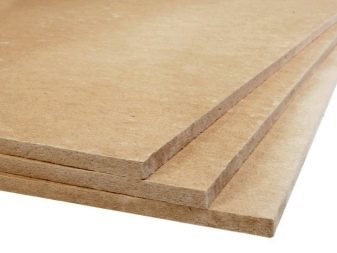
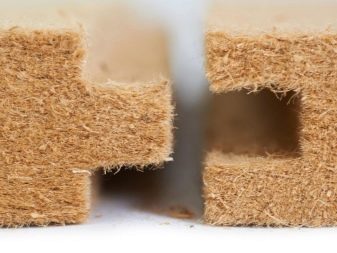
If you are looking for the cheapest and most affordable material for home insulation, then you should turn your attention to polystyrene foam. Such coatings have a low price, but it is worth considering that they easily catch fire and emit a pungent smoke / odor with toxic substances. Due to such nuances, polystyrene is not recommended to be used for insulation inside living quarters.
You can proceed to the installation of thermal insulation boards only after thorough preparation of the base - first, it is thoroughly cleaned of any contamination. In addition, all "wet" work must be completed prior to the installation of the insulation.
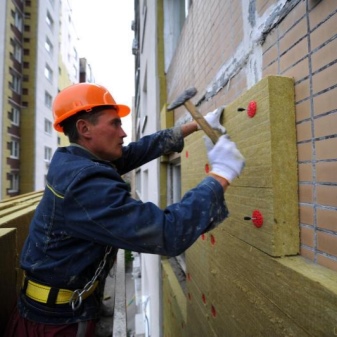
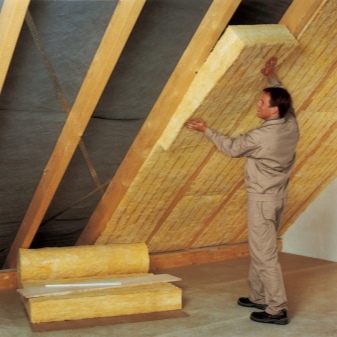
Buy thermal insulation boards only from well-known and large manufacturers. Otherwise, you run the risk of purchasing low-quality or toxic material, which not only will not last long, but also harm your health.
Select slabs that are the right size. To do this, you need to measure the bases that you are going to insulate. So, the most common parameters are: width from 50 cm to 100 cm, length from 100 cm to 200 cm.
When buying a heater, it is recommended that you familiarize yourself with the quality certificate. It should cover all information related to the product. Make sure the material is free of hazardous and toxic substances. If some parameters confuse you, or the seller refuses to provide documents, then it is better to look for another insulation.
You will learn more about thermal insulation boards in the following video.













The comment was sent successfully.